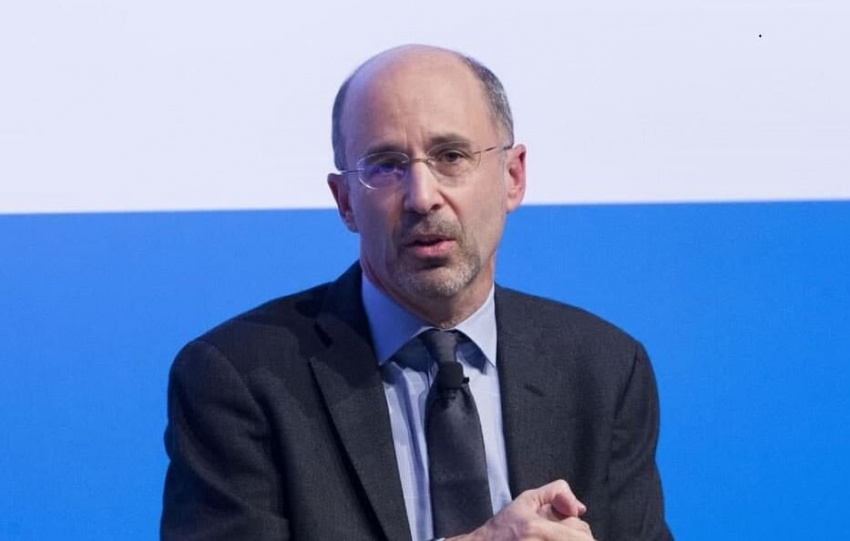A fake carrot to Iran

But both groups fail to recognize that Malley is no friend of Iran and will work to secure the interests of the United States at the end of the day.
The first wave of criticism against the appointment of Malley came from a vague group called the National Union for Democracy in Iran (NUFDI) which sent an open letter to then-Secretary of State nominee Antony Blinken, urging him not to appoint Malley to the position of special envoy on Iran.
The group claimed that Malley was not interested in pursuing dialogue or consultation with what it called “Iranian human rights activists.”
“Mr. Malley’s record outside of government concerns us further. As head of the International Crisis Group, he has singularly focused on cultivating close relationships with Iranian government officials,” the group claimed.
Opposition to the appointment of Malley, the chief Middle East adviser in President Barack Obama’s second term and current president of the International Crisis Group, originates in his past positions on engaging Iran even though he will almost certainly act differently as a government official. In fact, being a government official is a whole lot different than being head of a non-governmental think tank, something that opponents of Malley failed to grasp.
On the other hand, progressives joined forces to defend the appointment of Malley as if he had a magical charm to put an end to U.S. malign behavior toward Iran. On Thursday, a group of these progressives put out a statement firmly defending the selection of Malley.
“Those who accuse Malley of sympathy for the Islamic Republic have no grasp of –or no interest in –true diplomacy, which requires a level-headed understanding of the other side’s motivations and knowledge that can only be acquired through dialogue,” the statement said.
The statement portrayed Malley as a man who will rekindle diplomacy with foes, identify possible areas of agreement and resolution, and, abracadabra, de-escalate tensions between Tehran and Washington as if nothing happened under Trump.
“Rob Malley is an extremely knowledgeable expert with great experience in promoting U.S. security through diplomacy rather than war. He would be an excellent choice for the role of Iran envoy,” Senator Bernie Sanders said in a tweet after Jewish Insider reported that Malley was under consideration to be the Biden administration’s envoy on Iran.
Opponents and proponents of Malley have one thing in common: both of them believe that he will facilitate talks between the governments of the U.S. and Iran. Progressives even sought to suggest that the appointment of Malley was an early carrot to Iran, implying that Iran should be grateful for that.
But this is exactly where opponents and proponents of Malley get it wrong. Judging by the Biden administration’s remarks on Iran, Malley will make it even more difficult for Iran to reach understanding with the U.S. in any future talks.
Biden officials have now made it clear that they want to expand the 2015 Iran nuclear deal – officially known as the Joint Comprehensive Plan of Action (JCPOA) -, not just simply rejoin it. And this will make any kind of negotiations between Iran and the U.S. harder than in 2015, when the two reached the JCPOA while Malley was a member of the U.S. negotiating team.
Imagine if Iran says no to a Malley demand on its missile program or regional activities in any future talks. The Biden administration would tell the whole world that it’s Iran, not the U.S., that doesn’t want to return to diplomacy.
Malley will not make decisions on Iran. Instead, he will largely be responsible for coordinating and implementing the White House Iran policy just like any other diplomat in the State Department. He will likely be a smokescreen for the Biden administration’s soft bullying against Iran. In this sense, Malley would be far from being a driving force for renewed diplomacy with Iran. He is by no means a carrot to Iran, not even a fake one.
Source: Tehran Times

